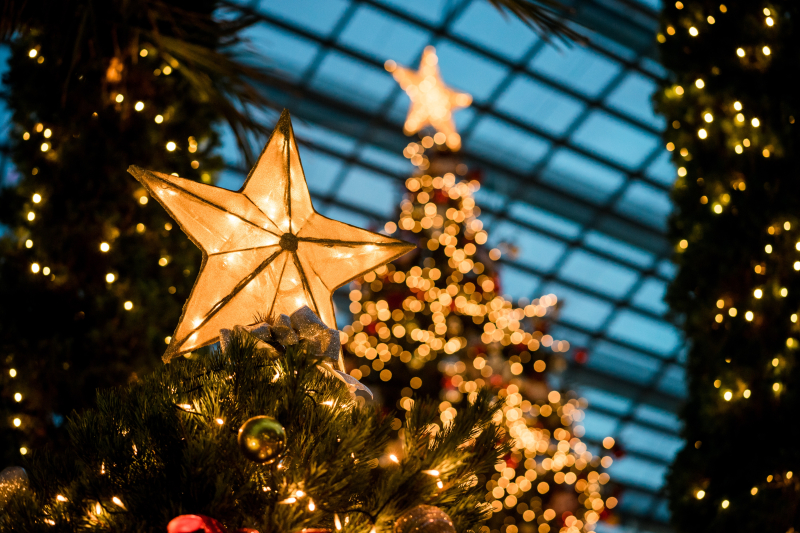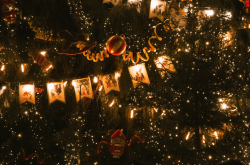The Irony of Fate is nearly half a century old
While Zhenya from The Irony of Fate has a tradition of going to a banya with his friends on December 31, people from all over Russia have another: on New Year’s Eve, they turn their TVs on to enjoy the unbelievable adventures of the film’s main character, who accidentally finds himself in Nadya’s (played by Polish actress Barbara Brylska, whose voice we never hear in the movie) apartment after a traditional get-together. Having been on screens for decades on, the movie’s become one of the key staples of the Russian holiday routine and continues to live rent-free in the hearts of the Russian people even though it’s slowly but surely hitting its golden milestone.
There’s more than one Ded Moroz in Russia
You may already know your Ded Moroz, but have you ever heard about the other, less well-known winter wizards? In fact, a whole lot of such characters live around Russia. A winter saint named Kysh Babay in Bashkortostan and Tatarstan, young fellow Pakkaine in Karelia, or Yamal Iri in the Yamalo-Nenets Autonomous Okrug – many Russian ethnicities, if not all of them, have their own holiday figures that fill the celebration with their own traditions and atmosphere.
Snegurochka came from the pages of a book
While Ded Moroz and other characters trace their roots to mythology and customs, his companion Snegurochka is of different origin. The granddaughter of Ded Moroz, as we know her today, was born under the pen of 19th-century playwright Alexander Ostrovsky, who was so inspired by Russian folklore that he wrote a play about a mesmerizing fair-haired young woman. It wasn't until the Soviet times, though, that Snegurochka finally became a mainstay of any holiday celebration.
Olivier was traditionally made of a veal tongue, crayfish, and…
…caviar. Created by chef Lucien Olivier, the ever-popular salad has made its way from a gourmet delicacy served at upscale restaurants to a festive dish made of ingredients on hand that only faintly resembles its original version. Though the recipe varies widely, from family to family, one thing remains the same: Olivier is a holiday must-have that is sure to give you the taste of the Russian holiday.
Russians celebrate New Year twice (at least)
If you love the thrill of celebrating, you’re lucky – as in Russia, you get to celebrate the new year twice – or 22 times, if you’re eager to greet the new year in each of Russia’s time zones. As ever, calendars are to blame. The thing is, Russia switched from the Julian calendar to the Gregorian one in 1918, thus moving the Russian New Year to two weeks earlier.. The Orthodox Church, however, remained true to the old style when it came to holidays – hence, an official celebration on January 1 and an unofficial one, also known as Old New Year, on January 14, which traditionally marks the end of all the festivities.
For all things New Year, check out our holiday-themed stories and take a look at our thorough guide to celebrate these holidays like a Russian.




